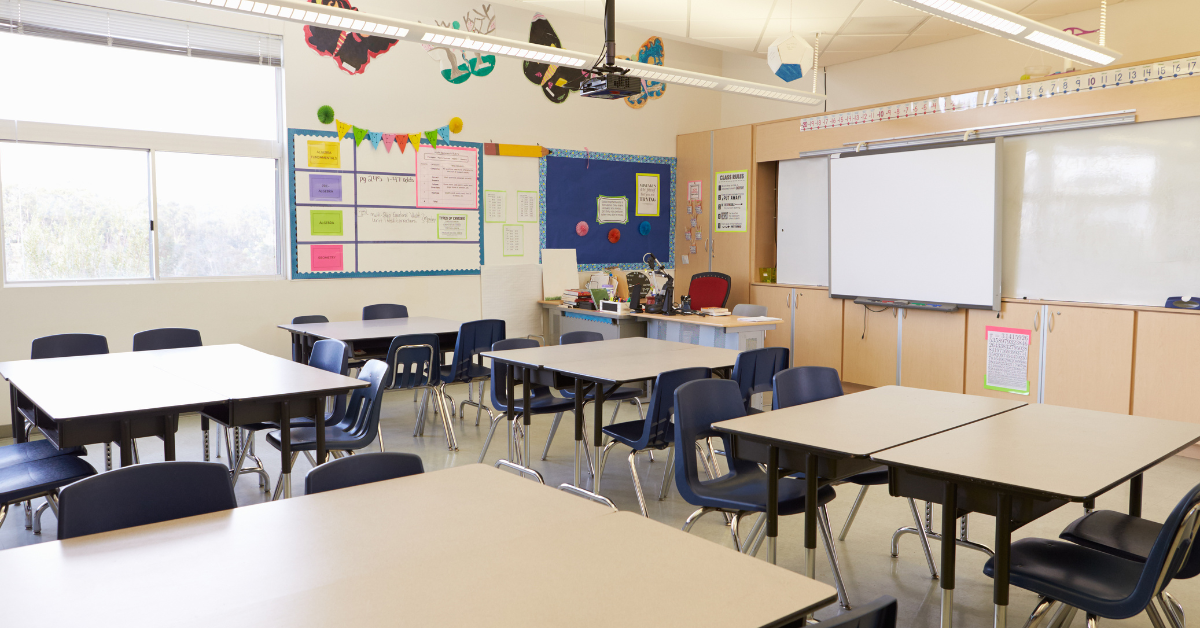Profiles in Adoption, Part One: What We Learned
Thanks to the participation of over 4,200 adoptive parents, NCFA collected an expansive volume of data through our 2021 survey. In our new report, we highlight some of the key findings of our analysis pointing to important takeaways for the adoption community, policymakers, and the public at large. Here are just a few of our first takeaways:
Adoption really has changed, a lot.
What was previously reported primarily in anecdotes or more narrowly focused studies is abundantly clear in our data – adoption is very different today than it was even 20 years ago. This is particularly true in a couple of key areas:
- The cost of adoption has increased, most dramatically in private domestic adoptions where the average cost of the adoption process has doubled.
- In the vast majority of private domestic adoptions (75% in fact) completed in the last decade, the adoptive family and the birth family maintain contact.
- Intercountry special needs adoptions have risen significantly in the past 15 years from 7.3% in 2000 to 79% in 2018.
Adoptive parents find their experiences to be challenging, but rewarding.
"The adoption process is stressful and financially draining but I would do it all over again in a heartbeat." — Survey participant
- More than half of families adopting privately or internationally viewed the cost of the adoption process as a barrier, even after completing the process.
- A large percentage of adoptees receive therapeutic services following the adoptive placement.
- Across all types of adoption, parents reported a large percentage of children had either an individualized education plan (IEP) or 504 accommodations in school.
- And yet, from the perspective of their lived experience, adoptive parents reported they would still make the same decision to adopt their child. In fact, adoption satisfaction rates were quite high across all types of adoption.
There's more work to do.
There are clear policy and professional practice implications from this data including the need to prepare parents for the types of challenges they are most likely to face, the need to provide funded and accessible post-adoption services for all adoptions, and the importance of making the adoption tax credit fully refundable.
In the coming months, NCFA plans to take a deeper dive into specific topics and areas of interest in this report and within the larger dataset. We'll look at questions around adoption across racial lines, what motivates people to adopt, how special needs impact a parent's satisfaction, and what we can learn about diversifying the pool of adoptive parents to ensure that every child has the opportunity to thrive in a nurturing, permanent family.



